Clarence Cook Little founded a cancer research center in Bar Harbor (The Jackson Laboratory)
On May 4, 1929, Clarence Cook Little founded The Roscoe B. Jackson Memorial Laboratory in Bar Harbor, Maine,…
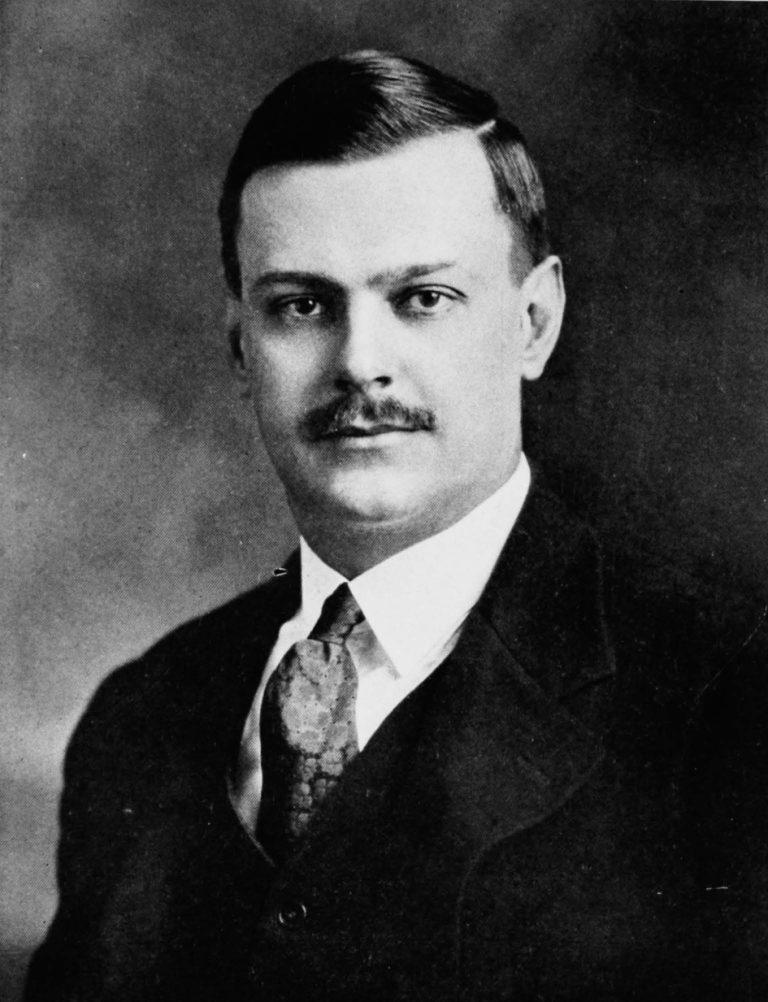
On May 4, 1929, Clarence Cook Little founded The Roscoe B. Jackson Memorial Laboratory in Bar Harbor, Maine,…

In 1929, Hoffman-La Roche outgrew its New York offices, prompting the development of a new plant in Nutley,…
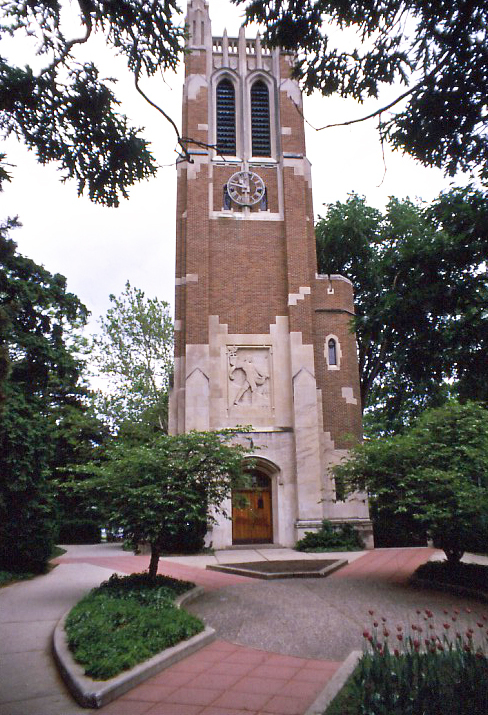
In 1929, the John W. Beaumont Memorial Tower on the Michigan State University (MSU) campus was completed. The…
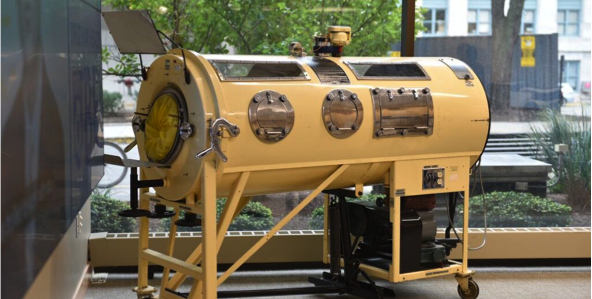
On Oct. 12, 1928, the first iron lung was used at Boston Children’s Hospital by Harvard Medical School…
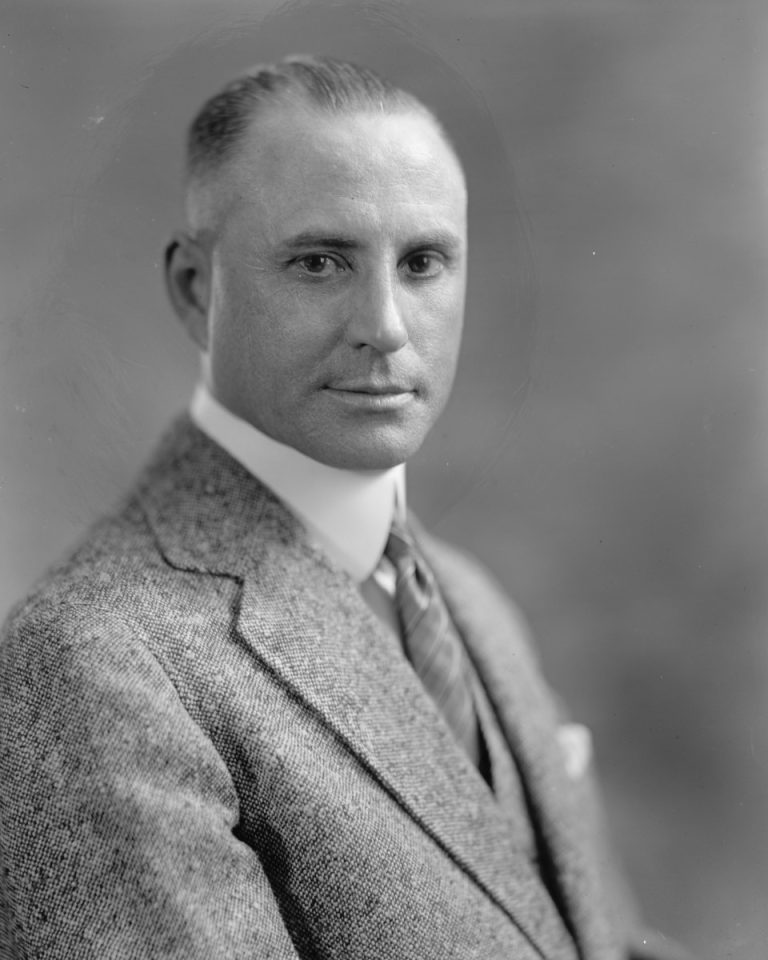
On Mar. 7, 1928, Senator Matthew Neely (D) of West Virginia introduced S. 3554, “To authorize the National…
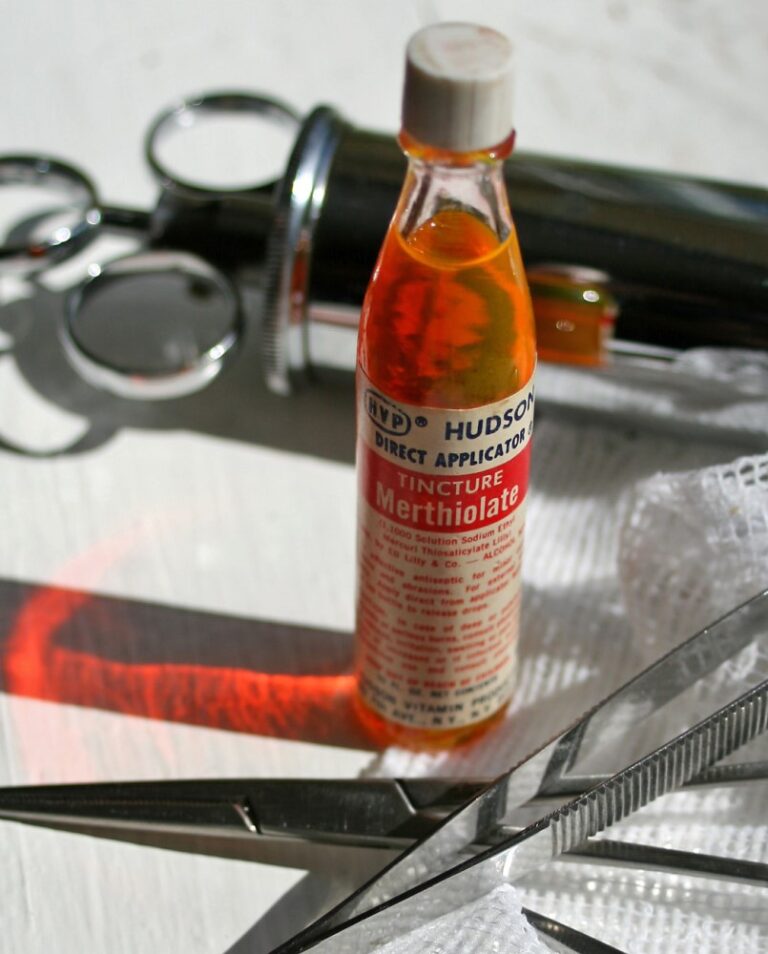
In 1928, Thimerosal was commercialized by Eli Lilly under the trade name Merthiolate, an antiseptic solution containing thimerosal,…
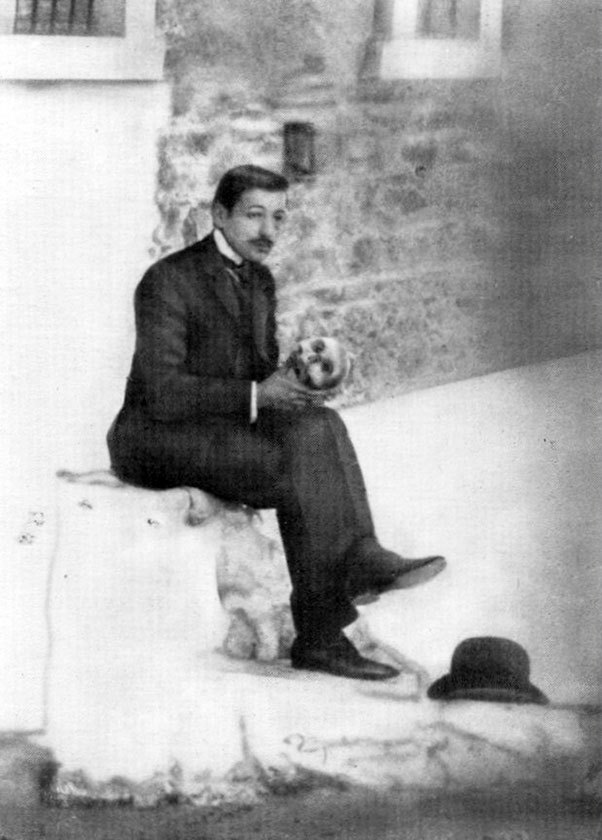
In 1928, George Papanicolaou discovered that vaginal cell smears (the Pap smear) revealed the presence of cervical cancer….
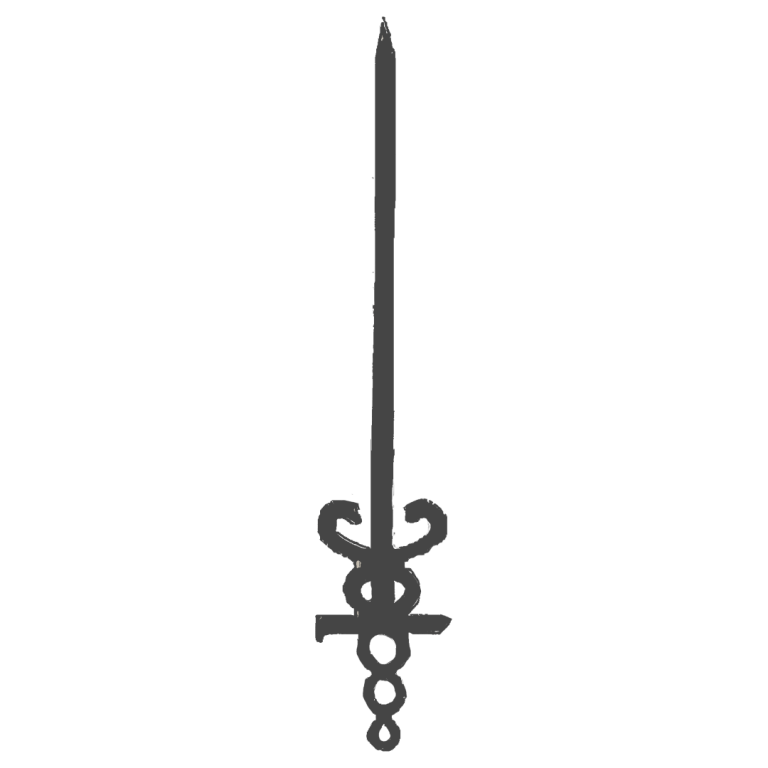
In 1928, the sword symbol of the Americal Cancer Society (ASCC) came from a 1928 nationwide poster contest…
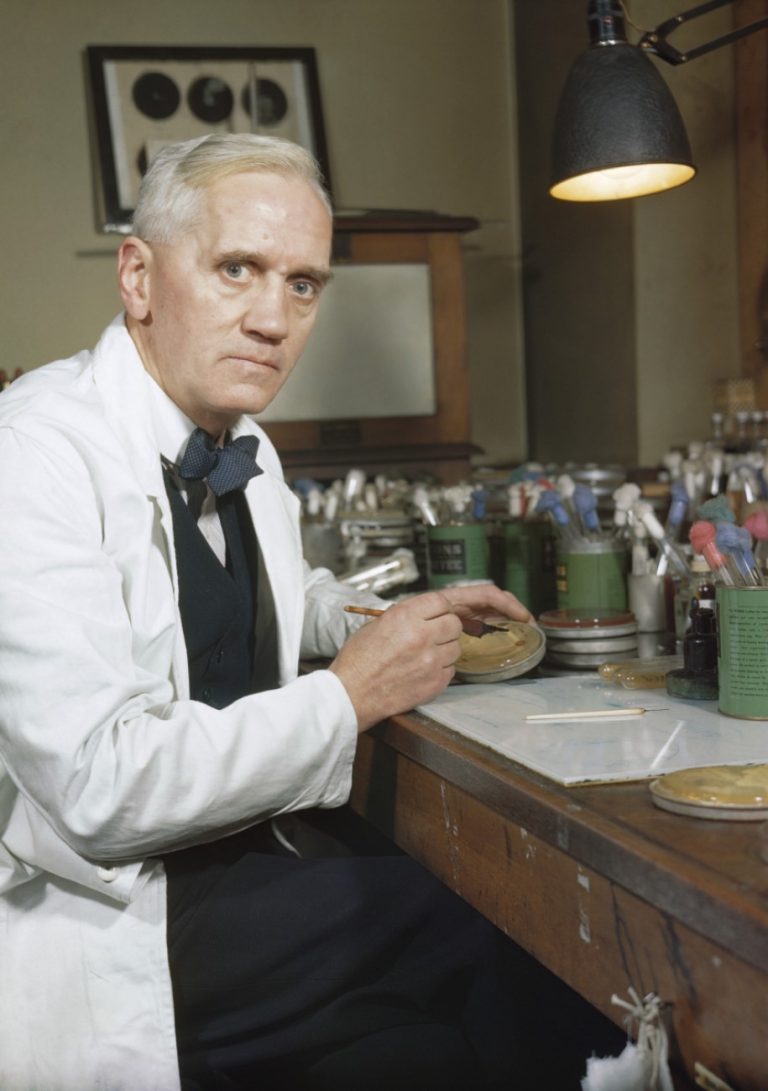
In 1928, Sir Alexander Fleming observed a culture of mold and discovered that the antibacterial substance was not…
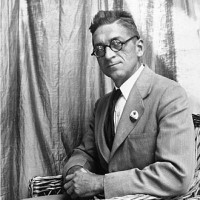
In 1928, William Mansfield Clark published a summary of his classic work during the decade on oxidation-reduction systems.
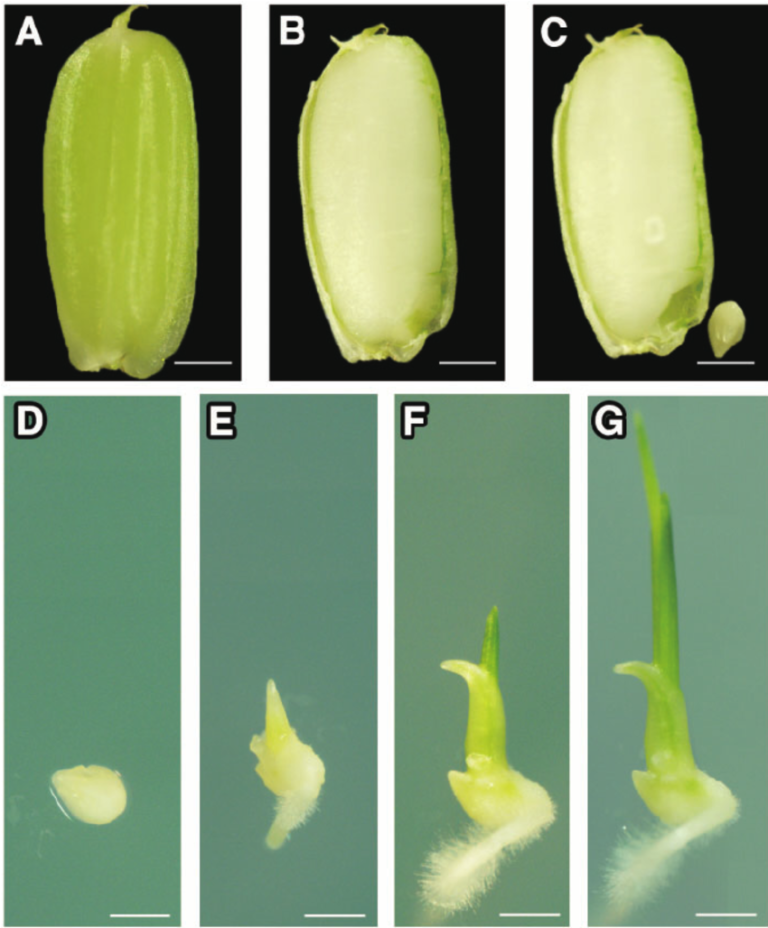
In 1928, Embryo rescue (ER) was first used to obtain hybrids from wide crosses in crop plants known…
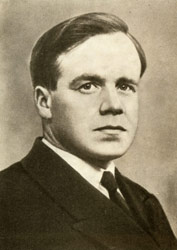
In 1928, Dr. Georgy Karpechenko at the botanical institute at Detskoje Selo, in Russia crossed radishes and cabbages,…

In 1928, Dr. Eaton MacKay was invited from Stanford University to become the first director of research at…

In 1928, Rocky Mountain Biological Laboratory, grew from the work of Dr. John Johnson, a biology professor at…
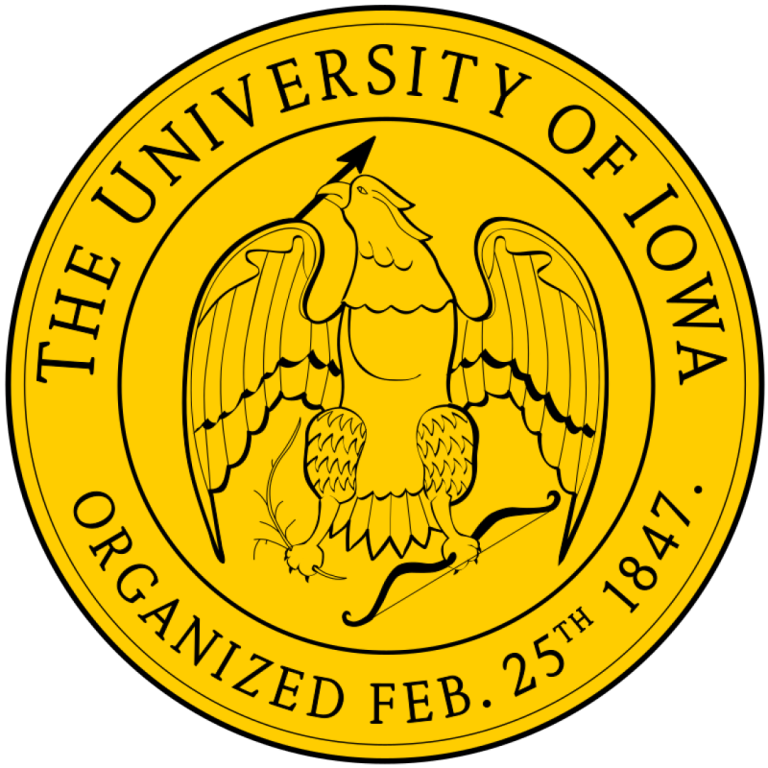
In 1928, the University of Iowa College of Pharmacy Drug Service was formed and began manufacturing a wide…

In 1928, The University of Oregon Medical School takes over operation of Doernbecher Hospital. Frank Doernbecher was a…

On Feb. 19, 1927, the Wisconsin Alumni Research Foundation (WARF) completed its first licensing agreement with the Quaker…

On Feb. 4, 1927, a decade before the National Cancer Institute (NCI) was established, Senator Matthew Neely (D)…
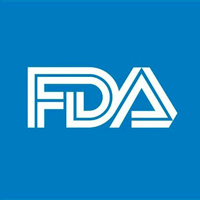
In 1927, the Bureau of Chemistry was reorganized into two separate entities. Regulatory functions were located in the…
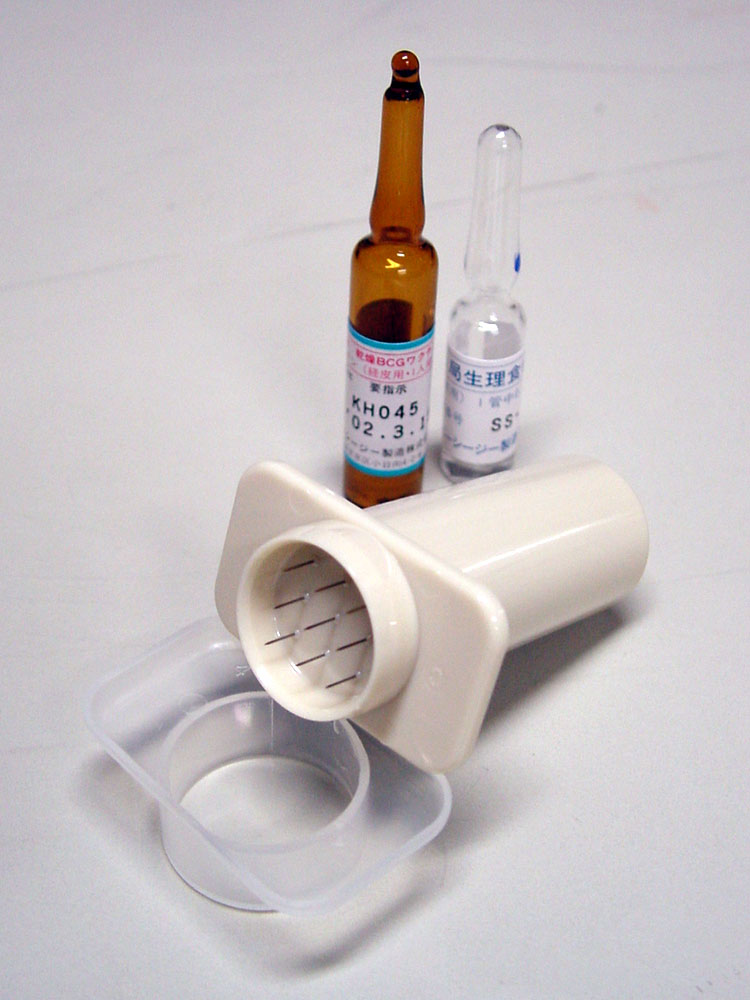
In 1927, Bacille Calmette-Guerin (BCG) vaccine was first used in newborns, having been developed by Albert Calmette and…
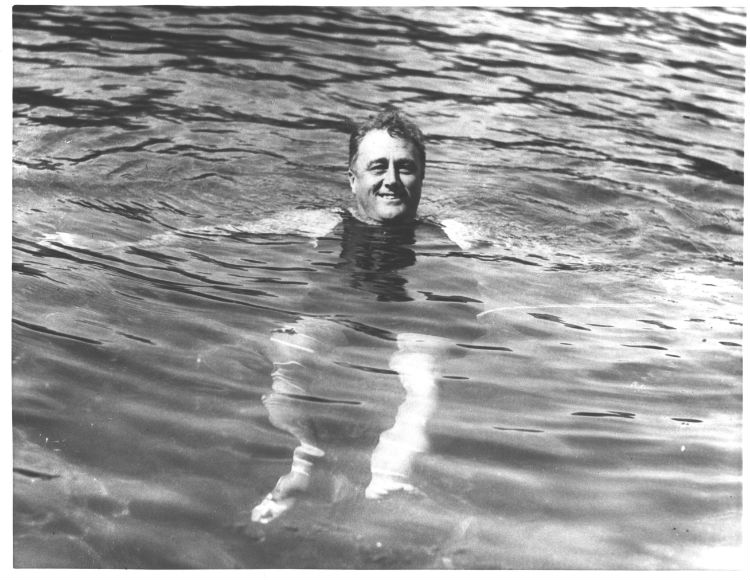
In 1927, future President of the U.S. Franklin D. Roosevelt organized the Georgia Warm Springs Foundation for polio…
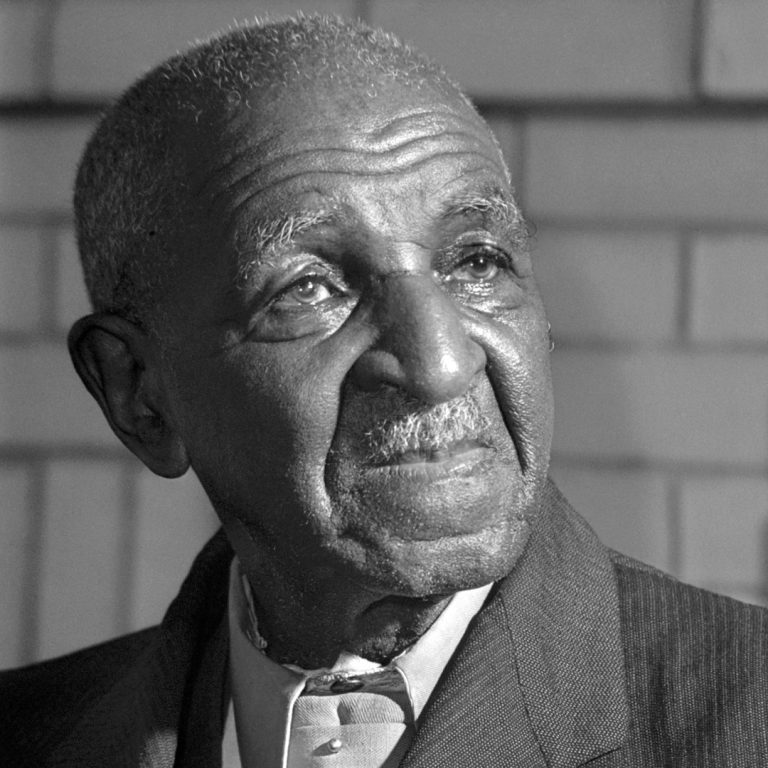
In 1927, George Washington Carver invented a process for producing paints and stains from soybeans, and was issued…

In 1927 an alliance was formed between Roswell Garst and Henry Wallace to develop and promote hybrid seed…
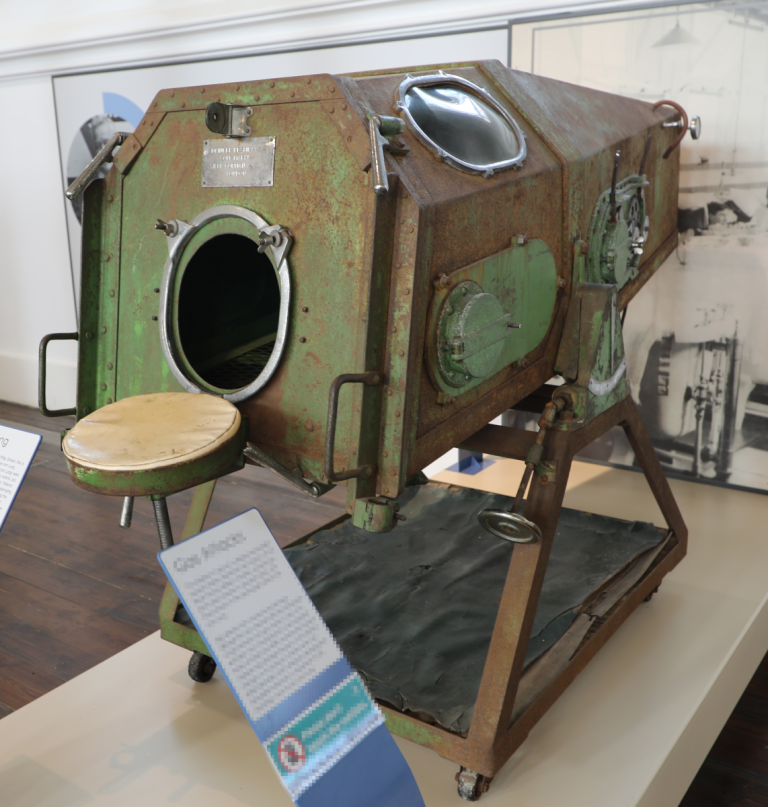
In 1927, the iron lung was developed by Philip Drinker and Louis Agassiz Shaw at Harvard School of…
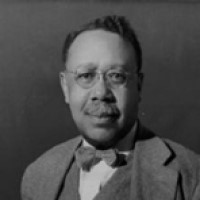
In 1927, William Hinton developed a blood test for the detection of syphilis.
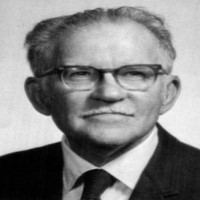
In 1927, Rigler’s sign (double-wall sign) was first described by Leo George Rigler. This is a radiographical sign…
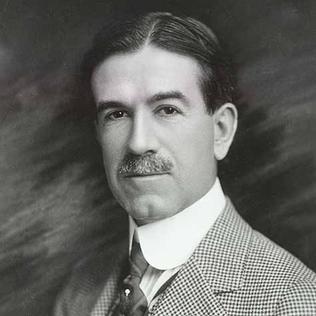
In 1927, The Danforth Foundation was a private, independent foundation established in 1927 by William H. Danforth founder…
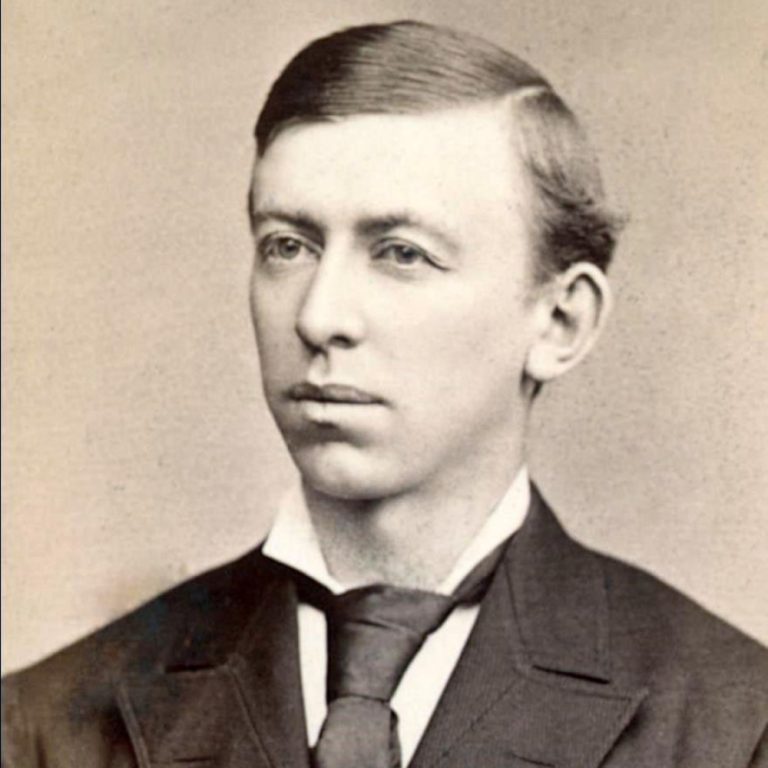
In 1926, the American Chemical Society awarded the Priestley Medal to Edgar F. Smith ‘for his numerous contributions…
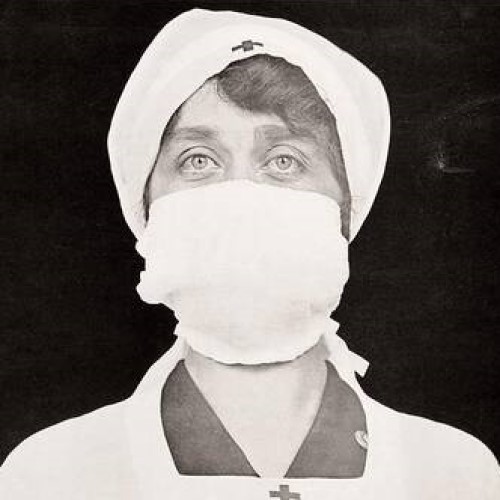
In 1926, The University of Oregon established a five-year program leading to a degree in nursing. The following…

In 1926, Doernbecher Memorial Hospital for Children was built on the Marquam Hill campus and becomes the first…